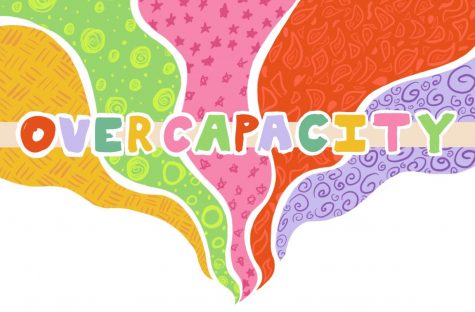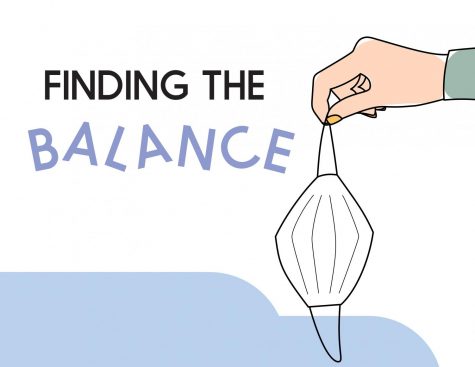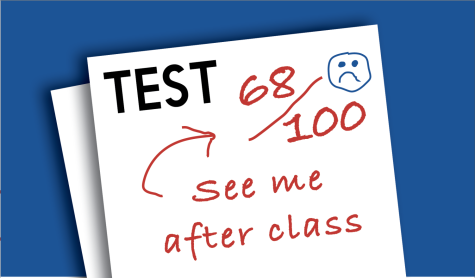Editorial: restructuring
The WSS Editorial Board provides input on how the new West Student Government can best serve the student body.
The newly restructured student government should work to strengthen its relationship to the student body through increased communication and student input.
This is an editorial. An editorial, like news reporting, is based on objective facts. However, its purpose is to share conclusions and opinions that have been derived by our Editorial Board and are not associated with the news staff.
From homecoming to extracurricular competitions, West High students missed out on a lot last year. More subtle, however, was the absence of student government. After a summer of executive board meetings in 2020, the former president and vice president decided to disband Student Senate to form a more equitable and inclusive governing body representative of all students. In preparation for this school year, they met with a restructuring committee made up of Principal Mitch Gross, West Student Government’s current advisers, and students to discuss how best to meet their goals. As restructuring is underway, the WSS Editorial Board suggests that WSG increase communication with students and improve transparency surrounding its budget to best align with its goals of inclusivity and representation.
In past years, inadequate knowledge of initiatives and few chances for student feedback created a disconnect between the student body and Student Senate. To better serve the student body, WSG must ensure accessibility and greater outreach through multiple avenues of contact. Students should have access to meeting notes and periodical updates to ensure they are informed about WSG plans. This transparency will not only act as an accountability measure that furthers students’ understandings, but provide the necessary information for students to advocate for changes they want to see implemented. Given the lack of communication in the past, it has been difficult for students to know what the purpose of student leadership even was, much less use it to their advantage. Student government is all about progress, but progress is ineffective if not everyone is informed. To avoid this, WSG should maintain consistent communication with the student body. This communication, however, must go both ways. Beyond just transparency, WSG should allow students to express their preferences and feedback through tools like surveys, social media and suggestion boxes. It should also implement the restructuring committee’s idea of arranging a time each week, such as during AFT, for students to talk to a representative about their questions or concerns. These measures will help guarantee that WSG is acting in the interests of the entire student body rather than the limited viewpoints of its members.
One area where conveying more information to students can be especially beneficial is WSG’s budget. Being more open will help promote a healthy relationship with the student body in which students understand the goals and capabilities of WSG. At $10 apiece, tickets to West’s Homecoming dance always leave some students wondering where their money is going. After seeing the new venue and Hollywood-themed photo booth, their questions were likely answered. However, not all spending has such material results—for most students, the school budget is somewhat of a mystery. Limited knowledge creates a barrier between the student body and the money spent on them. Because WSG has total control over its budget, it should not exclude students from funding discussions. Students should be aware of available funds and able to provide input on how to allocate said funds. Students deserve control over their high school experience and should get a say on what they think benefits them the most, from fun dances to improved mental health resources. Regardless of the consensus, students must have a voice in how WSG spends its resources.
As WSG establishes a new student government, student leaders and advisers must keep their goals of inclusivity and representation at the forefront of decision-making. Increasing communication with students and being receptive to their suggestions is a necessary first step to achieving these broader goals. From funding allocation to school-wide activities, consideration of student opinions on all issues is key to a successful WSG that can close the historical disconnect between the student body and its leaders. These changes are essential in the ongoing process of restructuring student government to be effective and productive.
Your donation will support the student journalists of West High School. Your contribution will allow us to purchase Scholarship Yearbooks, newsroom equipment and cover our annual website hosting costs.

(she/they) Sachiko is a senior at West, and this will be their 3rd year on staff. She is a design editor and photographer for the print publication. In...
















